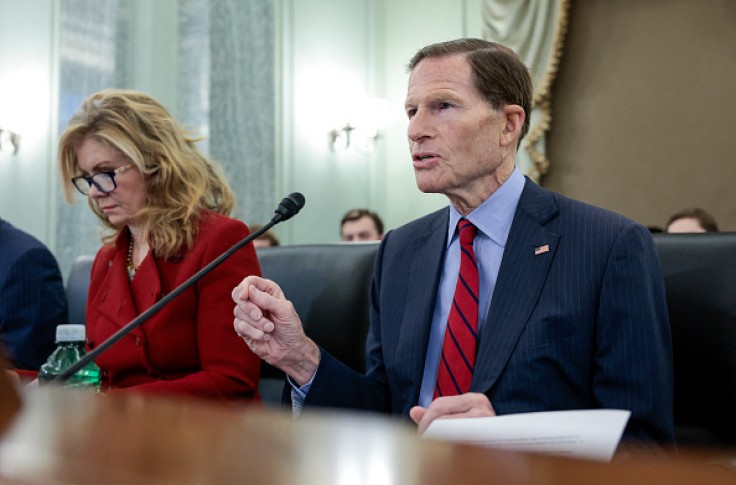Sponsored by US Senators Richard Blumenthal and Masha Blackburn, the Kids Online Safety Act (KOSA) was criticized due to its vague proposal on how to protect children online. A revised version has been reintroduced by the team to resolve that issue.

Revised Kids Online Safety Act
Tackling the issue that caused the previous attempt to implement the Act to fail, the revision now provides specific tools to prevent tech giants from allowing children to come across "toxic content" and to be held "accountable for putting profits over safety."
The Electronic Frontier Foundation (EFF) pointed out the flaw of the legislation, saying that it was a heavy-handed plan that will force platforms to spy on young people, and that it failed to determine the difference between harmful and non-harmful content, as mentioned in Engadget.
This leaves "politically motivated state attorney generals" in charge of defining what toxic contents are, and some fear that they might use this to ban content through political motivations. With that being said, the bill now contains certain protection specifics.
For one, there are new policies for the National Suicide Hotline, LGBTQA+ youth centers, and substance abuse organizations. The promotion of suicide, eating disorders, substance abuse, and sexual exploitation are explicitly mentioned for banning.
Social media platforms will also be required to include an option to remove recommendations based on their algorithm, a dedicated channel to report harmful content, as well as the choice for young users to protect their personal information.
Parents or guardians will have a hand in supporting their children and identifying toxic content. The social media companies will offer academic and public interest organizations with necessary data to study social media's impact on young people who use it.
Despite the changes, there are still organizations that doubt the Act's ability to protect minors online. Director of Digital Rights Advocacy Group Fight For the Future, Evan Greer said that the changes on the bill still do not address their concerns.
He added that the new changes can still allow "extreme right-wing" attorney general to dictate what content can be recommended to minors. He added that they could've explained why that is if only the office of Senator Blumenthal had met with them, reports say.
Contradictions from the Initial KOSA
The revision comes after several organizations stated that the bill was too broad and does not offer specific solutions to prevent minors from encountering harmful content on social media. However, some believe that surveillance will do more harm than good.
With KOSA applying to anyone under 16, age verification systems will be needed to confirm it. EFF pointed out that the very system may be troubling, as it requires minors to provide private data to third-party verification companies.
Forcing social media platforms to block content may not be the answer, since harmful content sometimes manages to slip through the filter implemented by the companies. Users will also find ways to create new keywords that can lead to filtered toxic content.








